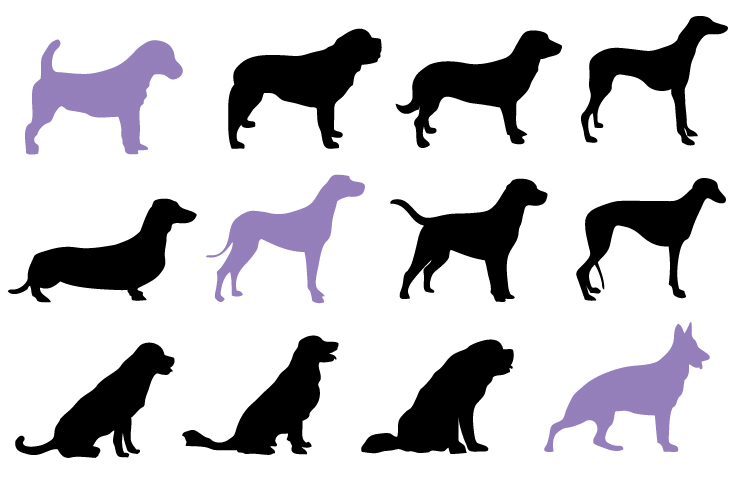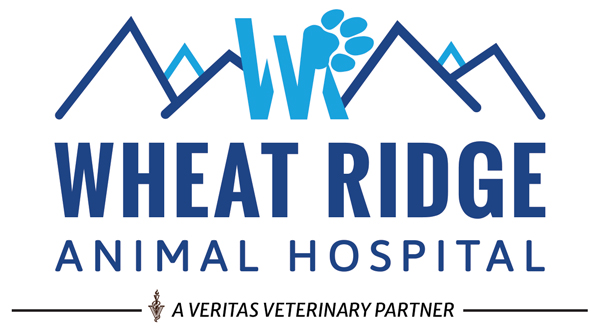Medical
Oncology
Oncology
Treating cancer using chemotherapy, immunotherapy and medications.
Veterinary medical oncology is focused on the diagnosis, treatment, and management of all cancers in animals. Our veterinary oncologists are dedicated to helping pets and their families navigate the challenging journey of cancer diagnosis and treatment with compassion, expertise, and a focus on physical and emotional well-being.
Services Provided by the Medical Oncology Team
- Comprehensive Cancer Diagnosis – Accurate diagnosis is the first step in oncology care. Our veterinary medical oncologists use a variety of diagnostic tools including blood tests, imaging, (X-rays, ultrasound, CT scans), aspirates and biopsies to identify the type and extent of cancer in a patient.
- Comprehensive Treatment Planning – Once a diagnosis is made, your veterinary medical oncologist can develop individualized treatment plans based on the specific type of cancer, its stage, and the overall health of the animal. These plans may include various treatment modalities including surgery, chemotherapy, radiation therapy, targeted therapies or immunotherapy.
- Chemotherapy – Chemotherapy involves the administration of drugs to target and destroy cancer cells. In veterinary medicine, we strongly consider the potential outcomes after treatment and a pet’s quality of life during treatment. We prioritize trying to achieve an excellent quality of life for as long as possible. We carefully consider potential side effects and adjust doses accordingly to meet these goals. Learn more about veterinary chemotherapy.
- Immunotherapy – Immunotherapy attempts to harness the body’s immune system to fight cancer. Oncept, a vaccine developed to help dogs fight melanoma, is one example of immunotherapy commonly used in veterinary oncology to enhance the body’s natural defenses against cancer.
- Targeted Therapy – These are medications that specifically target known mutations in cancer cells that allow them to grow, spread and survive. Targeted therapies can block these pathways to induce cell death. Targeted therapies are not appropriate for all types of cancer or for all cancer patients but can be a valuable treatment option in some cases.
- Palliative Care – Palliative care focuses on managing symptoms and improving quality of life for pets with cancer. Each palliative care plan is specifically tailored to meet the needs of that patient. Palliative care may include pain management, appetite stimulants, cough suppressants, or other treatments targeted at relieving symptoms that are negatively impacting patient comfort.
- Clinical Trials – Wheat Ridge Animal Hospital’s Oncology Service participates in clinical trials in association with Discovery. These trials can provide access to new therapies and help advance the field of veterinary oncology.
- Pain Management – Pain management is an essential part of oncology care. Veterinarians can use a combination of medications and other techniques to ensure that pets are as comfortable as possible through their treatment.
- Ongoing Monitoring – After the initial treatment, pets with cancer require ongoing monitoring to assess their response to therapy and detect any recurrence or new developments. Regular check-ups and imaging studies are recommended for each pet relevant to their diagnosis and treatment.
- Quality of Life Considerations – Veterinary oncologists believe it is important to prioritize the quality of life for their patients. They work with pet owners to make informed decisions regarding treatment options, weigh the potential benefits against the impact on the pet’s well-being and make the best decisions for each individual pet.
- Family Support and Education – Caring for a pet with cancer can be emotionally challenging. Our team provides support and resources to help pet owners understand their options and make informed decisions about their pet’s care.
- High grade tumors (mast cell, soft tissue sarcoma)
- Lymphoma
- Leukemia
- Thymoma
- Histiocytic sarcoma
- Multiple myeloma
- Hemangiosarcoma
- Mammary
- Mesothelioma
- Osteosarcoma
- Parathyroid tumors
- Insulinoma
- Bladder tumors
- Osteosarcoma, chondrosarcoma (any bone associated tumors)
- Perianal tumors
- Mast cell tumor
- Solitary lung tumors
It is estimated that 1 in 4 dogs will get cancer in their lifetime

Veterinary Referrals
SUBMIT A REFERRAL
For Veterinarians: To refer a patient to our specialties, please call us at 303-424-3325 or email us at wrah@wrah.com
Meet Our Team
Veterinary Oncologist
Veterinary Oncologist
Veterinary Oncologist

Surgical Oncology Page
Surgical Oncology page coming soon
